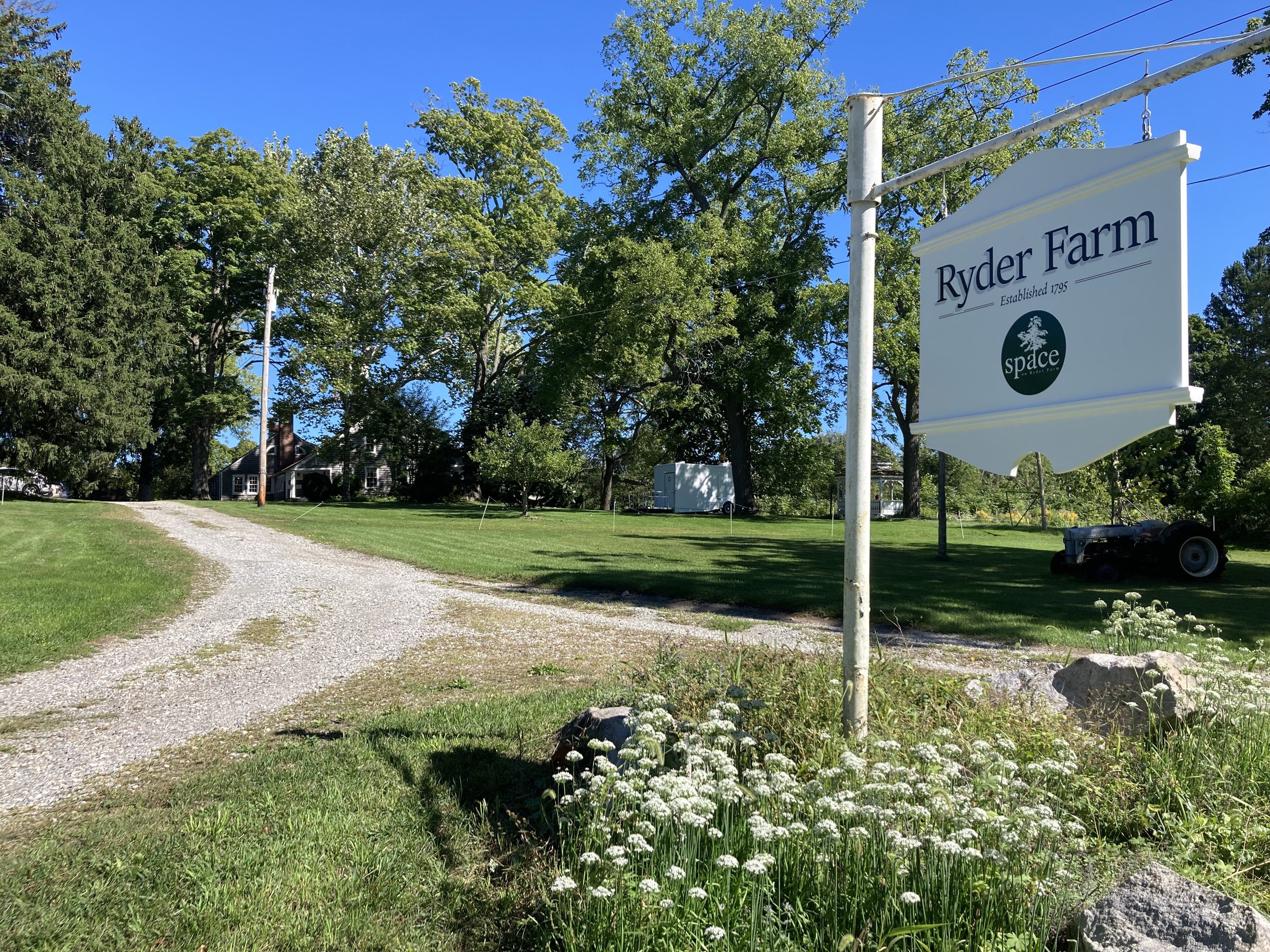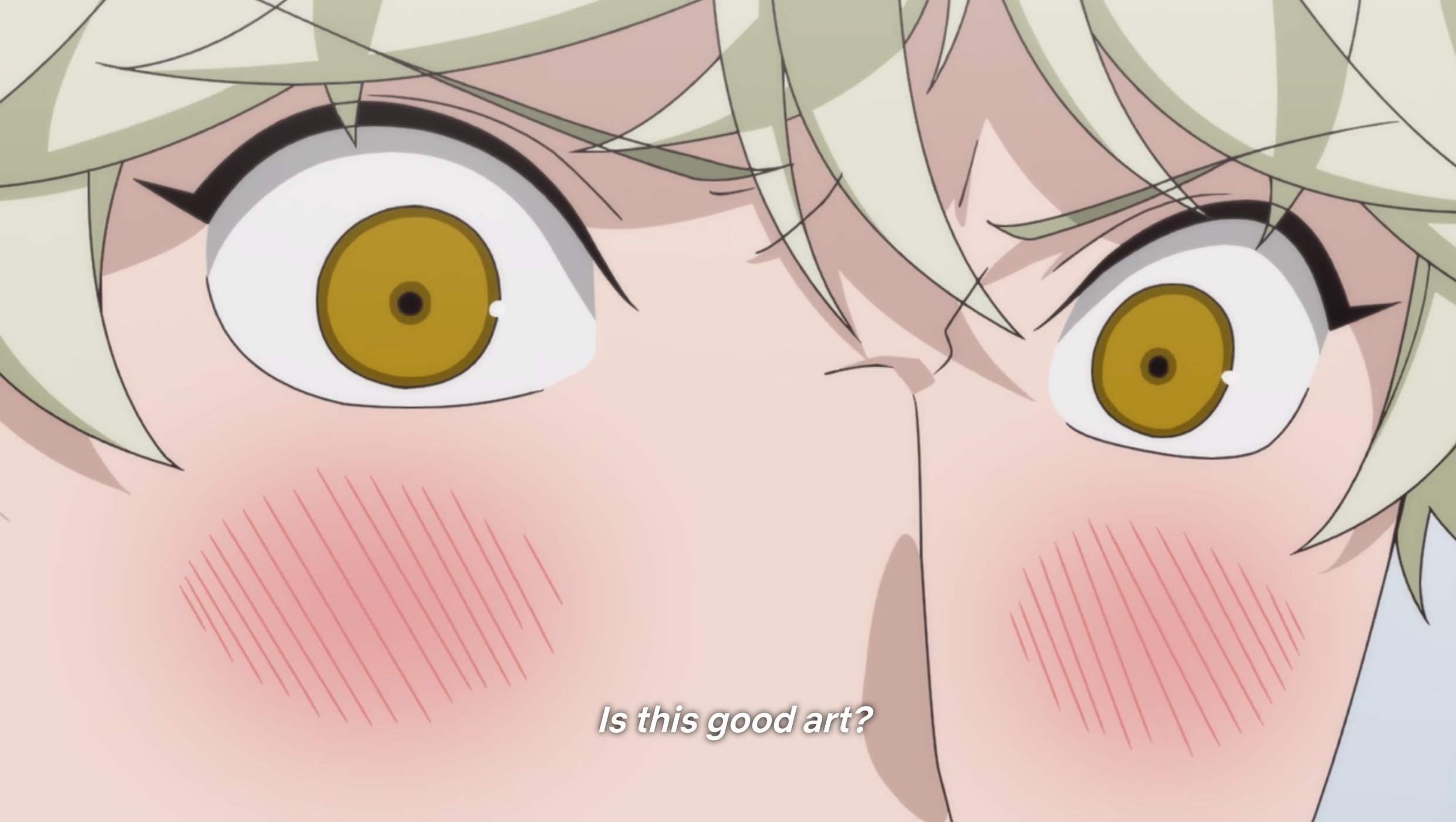Moments
A few months ago, I applied to a playwright’s residency that asked me this question: “Why do you write plays?” In the past, I would likely have responded with some boilerplate statement about theatre’s immediacy. I may have added something about its ability to respond to changing social/political dynamics. Maybe thrown in a sprinkle of faux-profundity about audience self-reflection. I believed what I said.
I still do, as a matter of fact, for the most part. Theatre as an art form is beautiful, profound, and at its best, life altering. However, after having been in this industry for many years now, this question of why I write plays stung me. Of all the things to do in the world, why do I write plays?
I was introduced to theatre in college. It began as an exercise in bettering myself as a nascent filmmaker as instructed by Akira Kurosawa. At the time, I had no intention of actually committing to the craft, much less pursuing it as a professional career. I simply needed an introduction to classic dramas so I took a theatre 101 class on a whim. From there, I took theatre history to further my understanding, then enrolled in acting classes in hopes that it would make me a better director. Before I knew it, I had declared theatre as my second major, began working in the scene shop for department productions, hanging and focusing lights, acting in plays, and getting involved with the student theatre club. During that period, I still had hopes of being a filmmaker, but the only reason I was even making films were because the process, themes, and aesthetics I was exploring were heavily influenced by theatre.
However, the real force that pulled me to theatre was the community of artists in the department. Had it not been for the supportive group of students (and some in the staff) that came to all the shows, discussed dreams and gossip over drinks late into the night, encouraged and aided each other’s creative and personal endeavors, and essentially created a second family, I would probably be working for some production company right now or trying to get my indie film off the floor (or both). In any case, I would probably have been making a ton more money. My wonderful friends from college has kept me in a lower tax bracket! They say money can’t buy happiness, but it can provide food and a roof over your head which feel like the baseline for any feelings in the happiness spectrum.
So why do I write plays? Feelings of camaraderie are harder to come by in the professional world and, bafflingly, the American theatre industry cannot actually provide playwrights with a career (I suspect these 2 things are linked). In my response, I frustratingly demanded that institutions take a bigger role in giving playwrights a reason to stay in this industry. Why should we stay when there is nothing here for us? Playwrights make their money in the TV/Film industry and/or academia and do theatre on the side. Playwriting, if you care to do it professionally, must essentially be done as a hobby.
It was in this state of mind that I arrived at SPACE on Ryder Farm to spend 2 weeks with 3 other playwrights (not the residency I mentioned earlier). Located in Brewster, NY, an hour and a half train ride away from NYC, the 127 acre (mostly wooded) farm is a tranquil and fairly isolated retreat space that houses and feeds theatre practitioners to allow them a freedom to focus on whatever project they so choose. Having struggled to finish a new play commission, I was excited to get working.
Having known one of the artists from a different residency last summer, I wasn’t nervous about making good relationships, but just how close we would get as a cohort did surprise me. Even from day 1, we congregated on the veranda over whiskey (which I brought, of course) after dinner and engaged in deep, personal, and at times silly conversations that reminded me of college. This continued nightly where after a day of work (or rest) we would gather to check in with each other, shoot the breeze, commiserate about the industry, talk shit about other artists (this is the best part), and reveal personal details that formed bonds of friendship and respect that would, in any other setting, take years to calcify. It was among the trees and insects, under a starry night sky, being gently washed by the sounds of a piano, drunk on the atmosphere as much as the ingestibles, that I was able to remind myself that theatre is not always about the creation, but the moments in between. It is in moments of sharing, moments of ritual, moments of silence, moments not to fill a space, but sometimes just to see its potential. Some may call them dreams. Moments to put aside all the noise and relish in the human being that precedes (but not by much) the artist.
Theatre is about community is an oft heard statement. That’s true. At least, that’s always been true for me, but it’s not easy. Like anything worth pursuing, it takes work. The real work is what happens when I leave here. It’s easy to create bonds, but harder to sustain them. I fell in love with theatre because of the community and this group of artists at SPACE reminded me of that passionate feeling I had in undergrad: That it has always been the humans that made theatre so beautiful.
Why do I write plays? I still wrestle with that question. It’s untenable as a profession and screenwriting is also just as viable as expressing oneself, but having shared space with these 3 artists and getting to know them, I was able to remind myself that this work was very necessary. That these weren’t just stories on a page, but extensions of their human condition. That the content of these plays is not diminished by whether or not the industry can support us, but actually made that much more necessary. These stories are being created from a place of deep passion and a need to be heard, a need to feel alive—divorced from any tangible expectation to pay the rent. These stories desire to be alive on a stage with living, breathing humans, in front of living, breathing humans, to acknowledge their existence, their pain and joy. I felt that in these artists and for a brief moment, I think I felt it too.
Oh, and I finished that commission.
Noelle and Emily pick weeds with farmer Adam.



